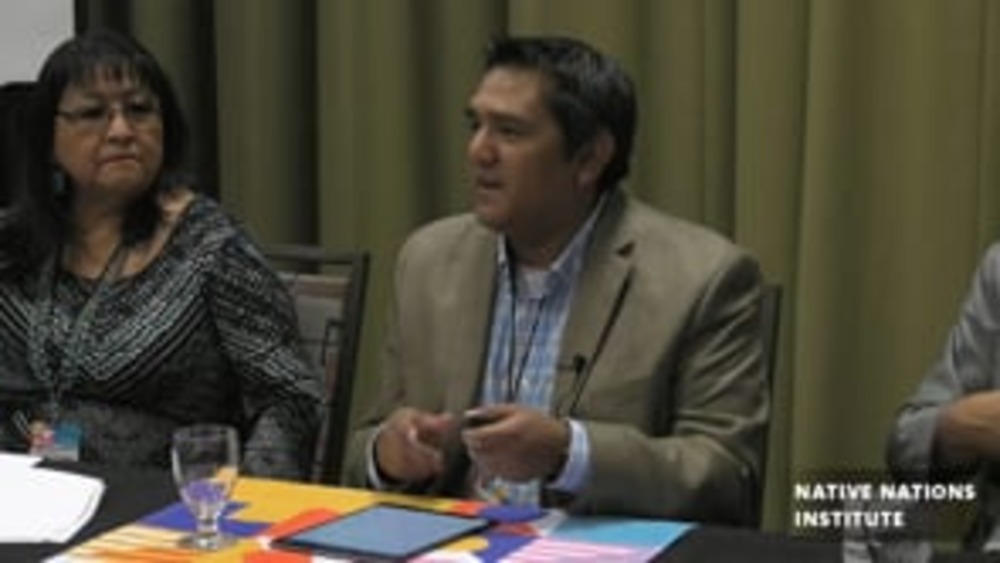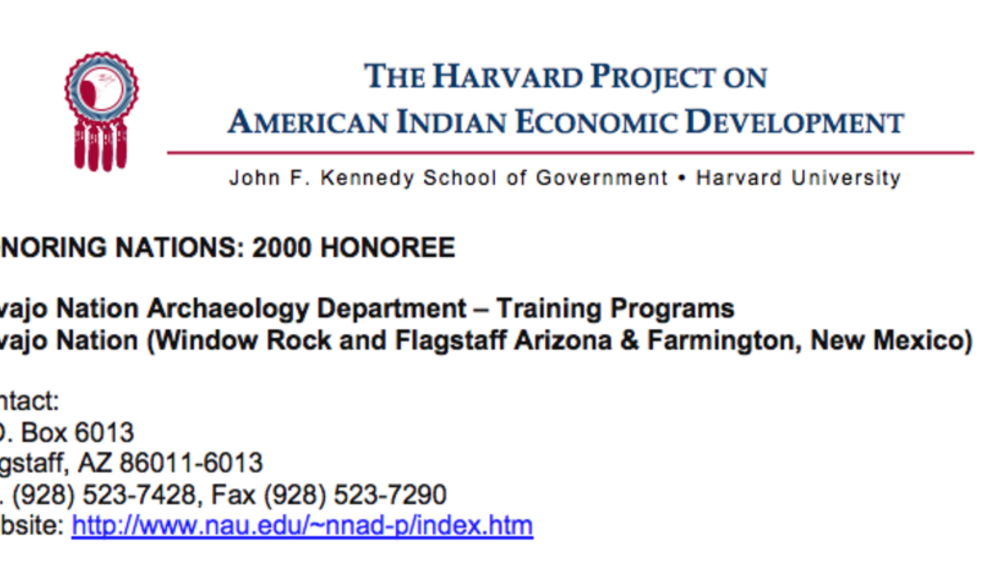Across Indian Country, programs and businesses depend on skilled, committed, and responsible workers. However, some Indian citizens on reservations have limited experience in the workplace; little education; and face problems finding day care, adequate transportation, and other necessities. Representatives of various programs of the Sisseton Wahpeton Oyate got together to discuss the challenges of equipping their workforce with adequate skills. The result of these conversations was the Professional Empowerment Program (PEP). Offered six times a year to every employee of the Nation, PEP’s therapeutic model focuses on interpersonal problems and conflicts and provides participants with the necessary tools for maintaining successful employment. It has led to significantly less employee turnover in the tribe’s programs and businesses and a dramatic drop in recidivism in the tribal TANF program. But PEP does even more: it helps people live healthier lives and become more productive citizens of the Nation.
Additional Information
"Professional Empowerment Program". Honoring Nations: 2005 Honoree. Harvard Project on American Indian Economic Development, John F. Kennedy School of Government, Harvard University. Cambridge, Massachusetts. 2006. Report.



